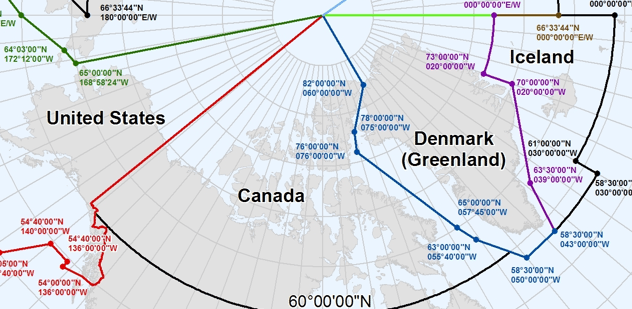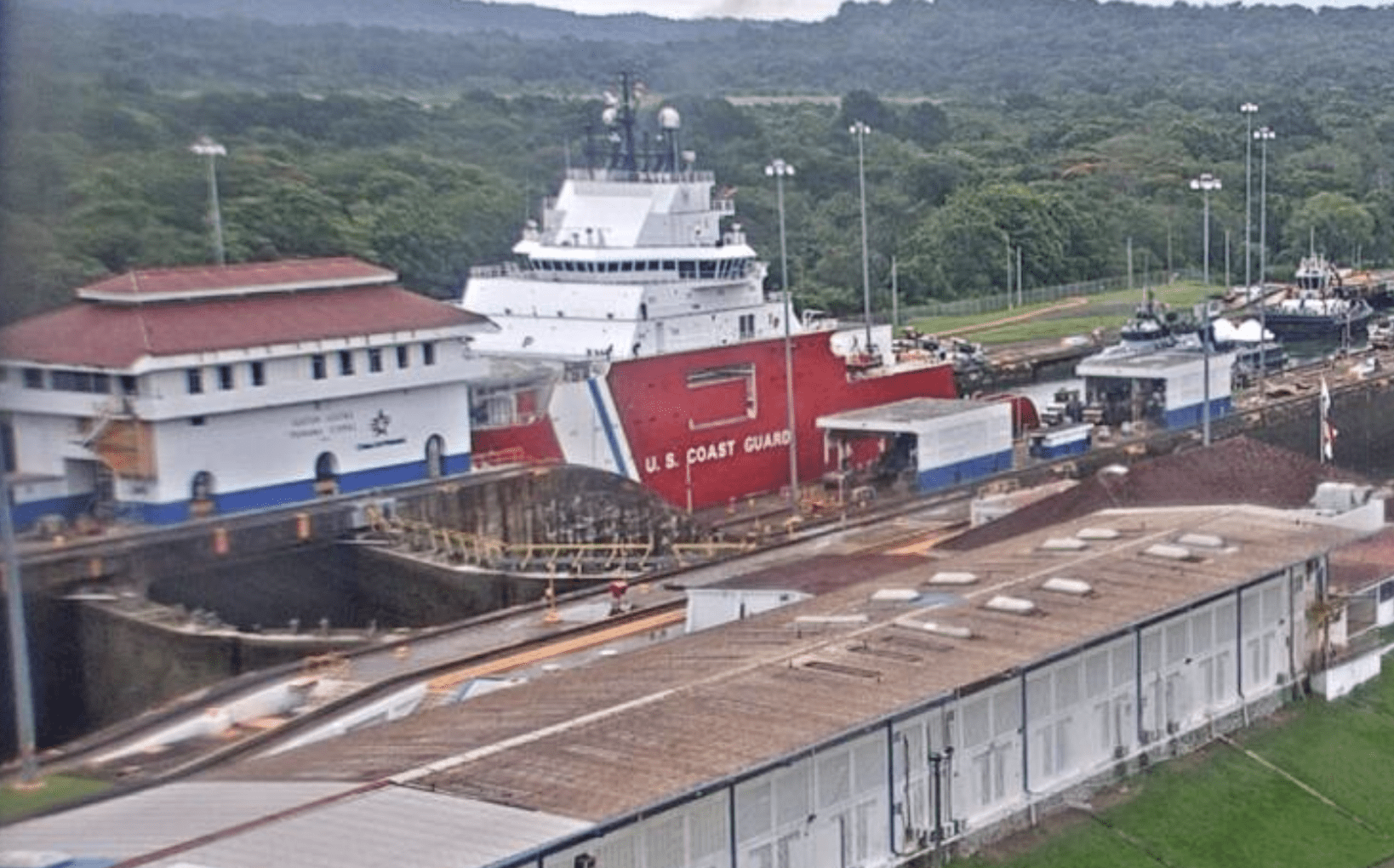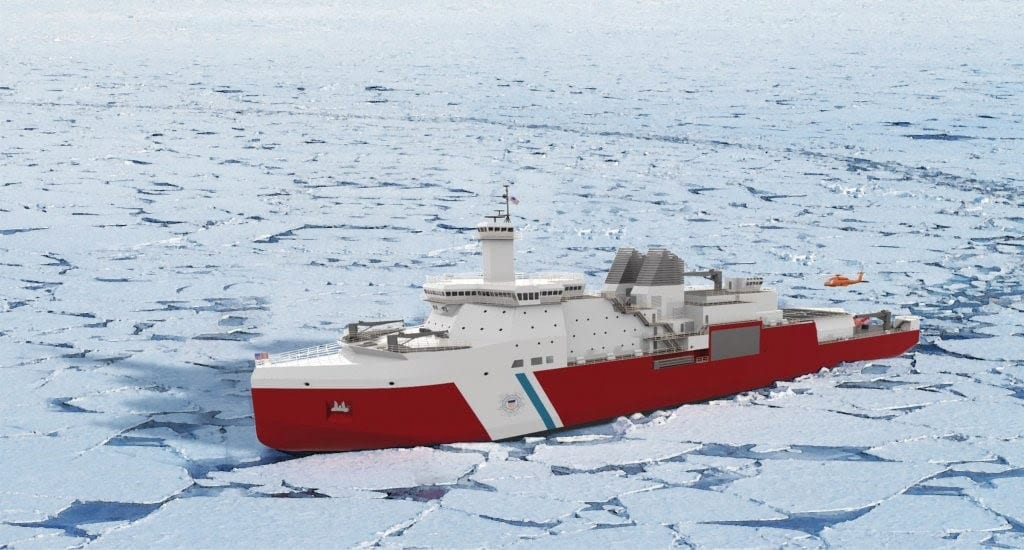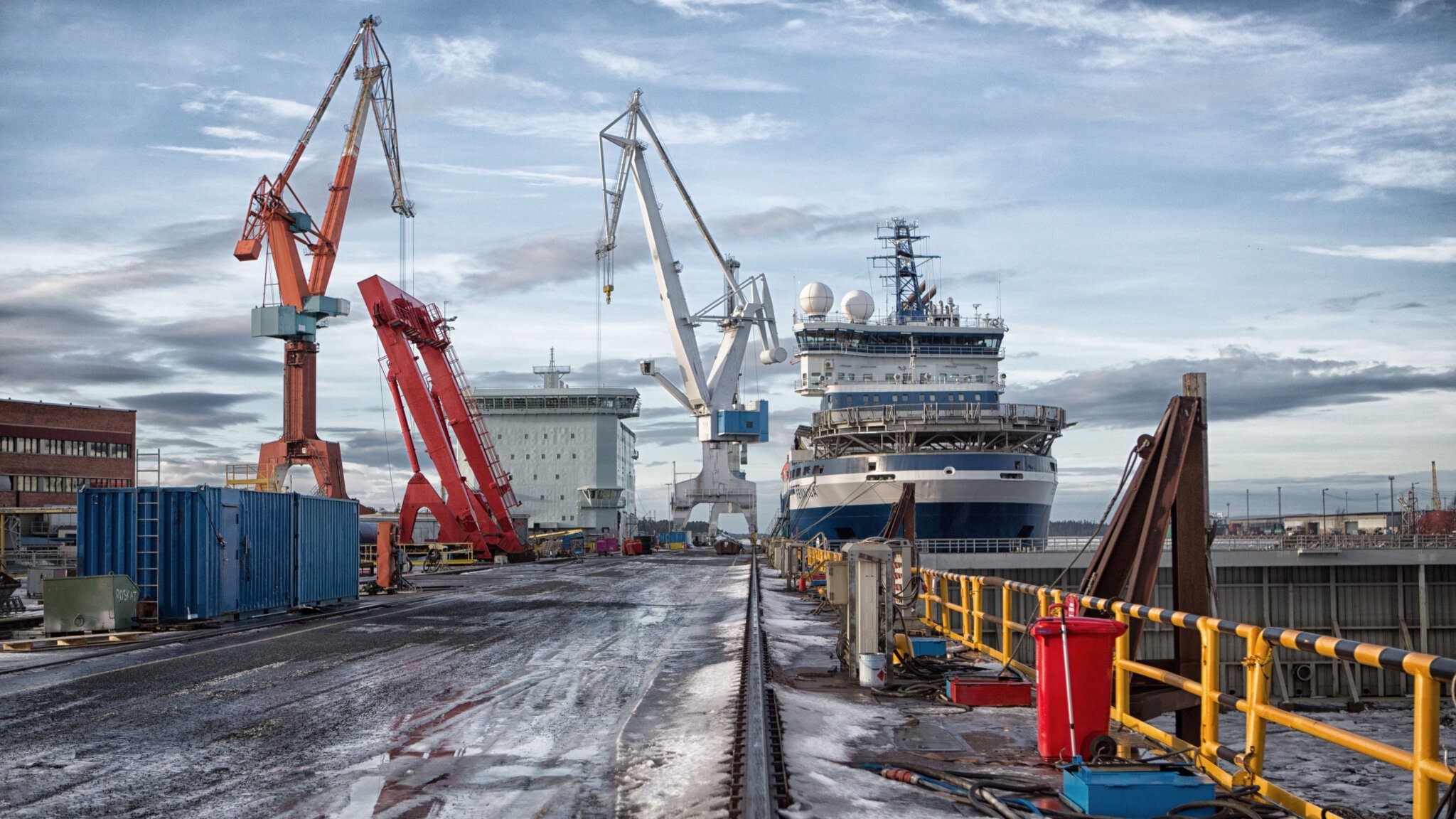
The first international agreement written exclusively for the Arctic region was signed at the ministerial meeting in Nuuk, May 12 2011. The agreement, which deals with search and rescue of aeronautical and maritime vessels and passengers, is also the first international agreement made by the Arctic Council.
The Agreement titled “Aeronautical and Maritime Search and Rescue in the Arctic” was made in accordance with the 1979 International Convention on Maritime Search and Rescue (SAR) and the 1944 Convention on International Civil Aviation, but serves to further strengthen aeronautical and maritime SAR cooperation in the Arctic.
The members of the Arctic Council are Canada, Denmark, Iceland, Sweden, Norway, Finland, Russia and the United States. “What we want to do is bring all the countries together, talk about how about how they do it in their own areas, but more importantly how can they collaborate, bring those resources to bear, in areas that are a little more challenging to get to, that we might need an international response,” said Capt. Steve Waddell, a spokesperson for the Canadian Forces.
in an interview with CBC.
“One country might have a particular asset or capability that would be useful to bring to bear, somebody else might have the better co-ordination aspect, it might be happening in another country’s area of jurisdiction and it’s about bringing all those capabilities and capacity together to save those lives.”
The most significant step made by the agreement was assigning each member state a particular Search and Rescue area which it will be responsible for. In addition to the geographic elements the agreement seeks to develop specific measures to be taken when accidents occur in the harsh Arctic region. To accomplish this each member state must identify a SAR authority within its government and commit itself work with other signatory countries when appropriate.
One significant clause of the Agreement is Article 8 which requires each country to ask permission when a government rescue vessel enters the designated area of another State and that the country which receives the request shall let the requesting vessel know if the request is permitted and under which conditions, if any.
The Agreement is only the beginning of a specific cooperation among the Arctic states which hope the agreement will facilitate more specific and effective cooperation in the future. Specifically each member states is now obliged to exchange general information, communicate case specific details, share information on search and rescue facilities, and exchange knowledge of fueling, supply and medical facilities and details on the training of search and rescue personnel.
The Arctic Council is currently planning a second international agreement dealing specifically with oil pollution in the Arctic.
(Via Ken White)

 Join The Club
Join The Club











